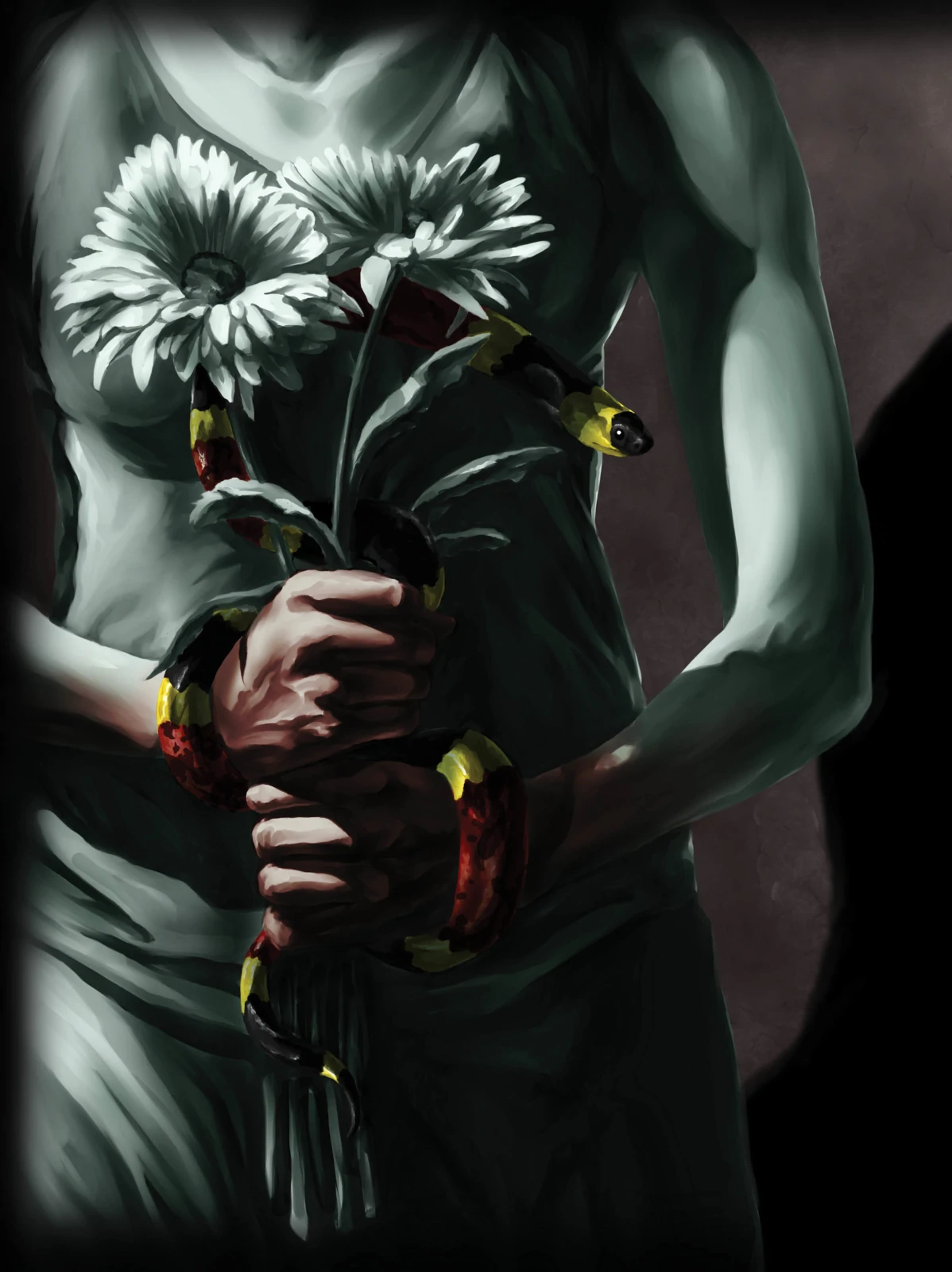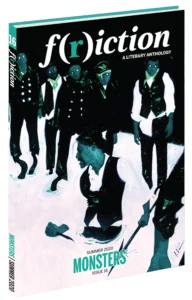I’m the one who told Jake to leave. I laid hands on him first, have always been the one to lay hands on him, and I know it’s wrong, but I can’t figure out how to get through his beer-haze, how to get him off the couch to do anything, especially to find a job…
This post is only available to members.
Latifa Ayad
Latifa Ayad is a Libyan-American writer who was born and raised in Sarasota, Florida. Her novel-in-progress was named as a runner-up for the James Jones First Novel Fellowship. Ayad is a MacDowell Fellow, and her work was selected for Best American Non-Required Reading in 2019. Ayad currently resides in Columbus, Ohio, where she works at her local library.
Daniel Reneau
Daniel Reneau is a Denver-based illustrator skilled in digital and traditional mediums, and specializes in horror, fantasy, science-fiction, and comic book illustration. He is the co-creator of the graphic novel Zombiraq, a winner of the 2013 L. Ron Hubbard Illustrators of the Future Award, and a graduate of the Academy of Art University in San Francisco. Learn more at www.danielbdemented.carbonmade.com.

